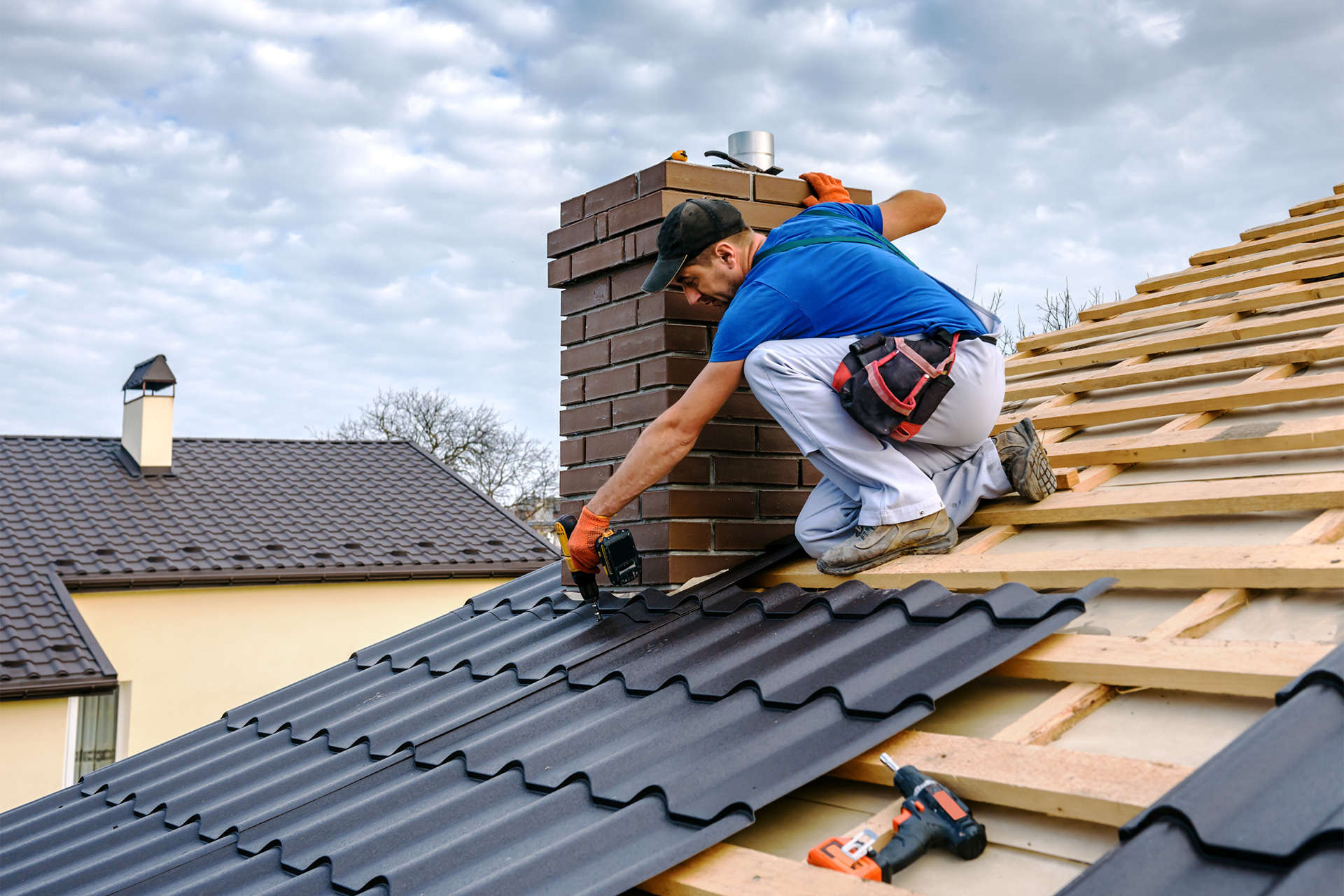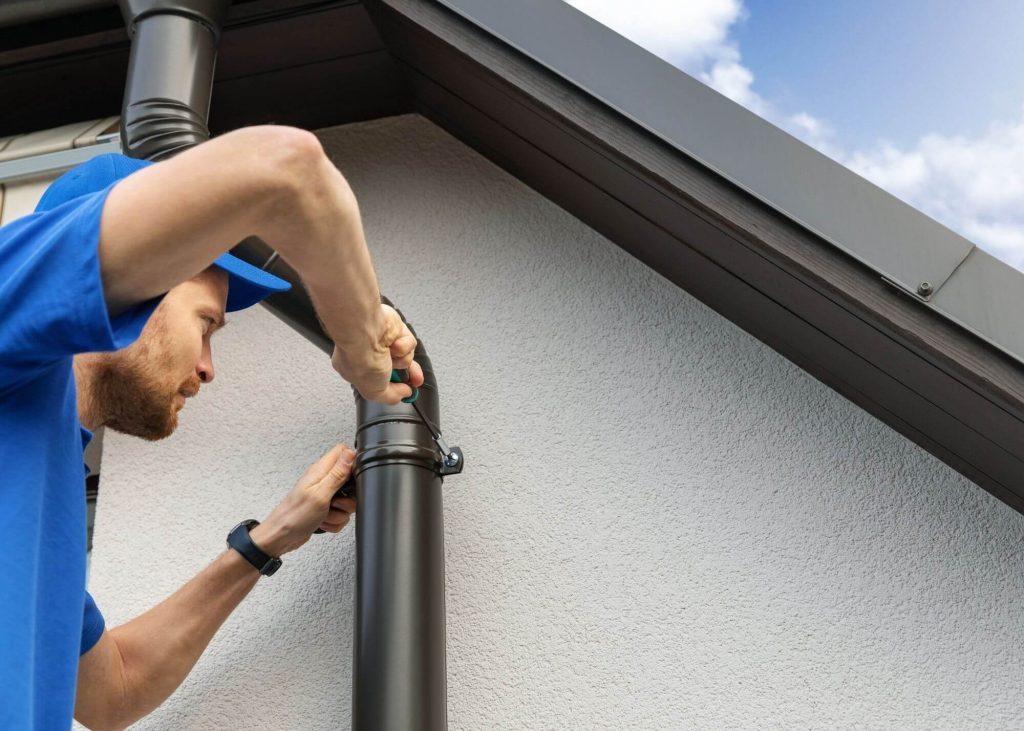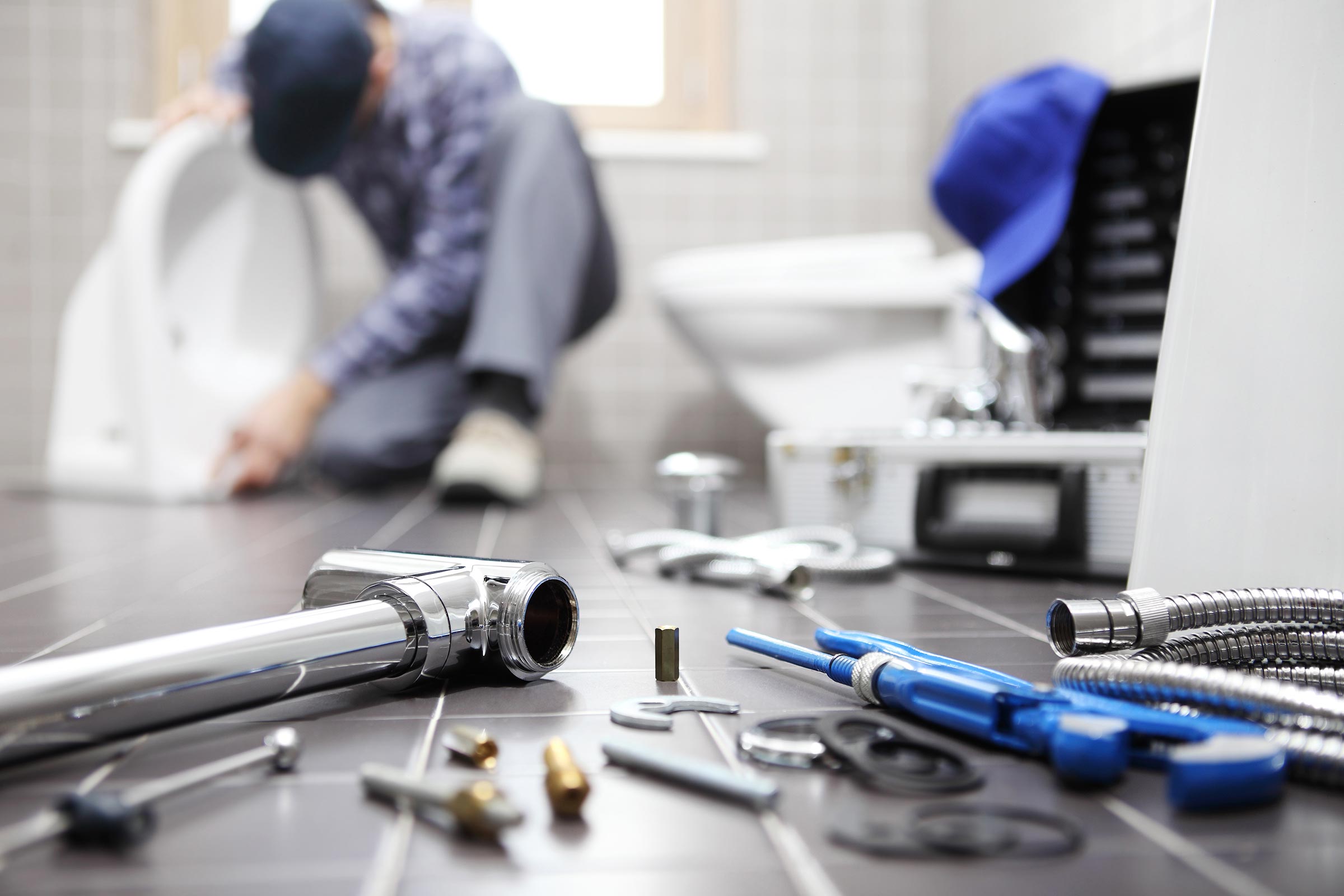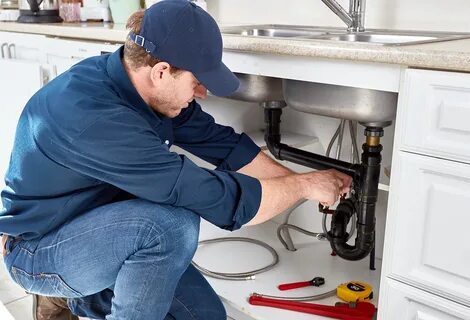
Roofs are an essential component of any building, providing protection from the elements and ensuring the structural integrity of a property. However, to maintain a well-functioning and leak-free roof, the expertise of a roof plumber is indispensable. In this comprehensive guide, we will explore the role of a roof plumber, their duties, the necessary skills and qualifications, the tools they use, safety considerations, and the importance of seeking professional assistance for all your roof plumbing needs.
- Understanding the Role of a Roof Plumber
- Definition and Scope
A roof plumber, also known as a roofing contractor or roof plumbing specialist, is a tradesperson who specialises in the installation, maintenance, and repair of roof plumbing systems. Their primary responsibility is to ensure that roofs are equipped with effective drainage systems and waterproofing measures. Roof plumbers play a crucial role in both residential and commercial settings, as they help safeguard properties from water damage caused by leaks or inadequate drainage.
- Skills and Qualifications
Becoming a roof plumber requires a combination of skills, knowledge, and qualifications. Roof plumbers need to possess a strong understanding of plumbing systems and construction principles. They must have practical skills in installing and repairing roof plumbing components, as well as the ability to read and interpret building plans and specifications. Additionally, roof plumbers should be well-versed in relevant building codes and regulations.
To become a qualified roof plumber, individuals typically undergo an apprenticeship program or complete a vocational training course. Obtaining a certification or license may also be necessary, depending on local regulations. These requirements ensure that roof plumbers possess the necessary expertise to perform their duties safely and effectively.
- Duties of a Roof Plumber
- Installation of Roof Plumbing Systems
- Gutters and Downpipes
One of the key responsibilities of a roof plumber Melbourne is installing gutters and downpipes to facilitate proper drainage. Gutters collect rainwater that falls on the roof, while downpipes direct this water away from the building’s foundation. Roof plumbers carefully position gutters and downpipes to ensure optimal water flow, preventing water from pooling on the roof or causing damage to the property.

- Flashings and Waterproofing
Roof plumbers are also responsible for installing flashings, which are metal strips placed around chimneys, vents, skylights, or other roof penetrations to prevent water leaks. Waterproofing is another vital aspect of their work, involving the application of various materials to protect the roof from water infiltration. By effectively installing flashings and implementing waterproofing measures, roof plumbers contribute to the overall durability and longevity of a roof.
- Maintenance and Repairs
- Regular Inspections
Regular inspections are crucial for identifying potential issues before they escalate into major problems. Roof plumbers play a significant role in conducting thorough inspections of roofs, gutters, downpipes, and other components of the roof plumbing system. By identifying early signs of damage, such as cracked gutters or deteriorating flashings, roof plumbers can recommend appropriate repairs or maintenance measures to prevent costly damage in the future.
- Leak Detection and Repair
Detecting and repairing leaks is a core responsibility of roof plumbers. Using their expertise and specialised equipment, roof plumbers can pinpoint the source of a leak and develop a suitable repair strategy. Common repair methods include replacing damaged or worn-out components, applying sealants, or reinforcing weak areas. Prompt leak detection and repair by a qualified roof plumber can save property owners from extensive water damage and expensive repairs.
III. Tools Used by Roof Plumbers
- Overview of Essential Tools
Roof plumbers rely on an array of tools to perform their duties efficiently and safely. These tools include ladders, drills, saws, hammers, levels, measuring tapes, and safety equipment such as harnesses and helmets. Each tool serves a specific purpose, and roof plumbers must use the right tool for each task to ensure accuracy and minimise the risk of accidents or damage.
- Technological Advancements
With advancements in technology, roof plumbers are adopting new tools and techniques to enhance their ability to diagnose and resolve issues effectively. For instance, thermal imaging cameras can help identify hidden leaks or areas of moisture intrusion by detecting temperature variations. Drones equipped with cameras enable roof plumbers to conduct inspections in hard-to-reach areas without the need for scaffolding or climbing on the roof. These technological advancements not only improve the accuracy of assessments but also contribute to the safety and efficiency of roof plumbing services.
- Safety Considerations for Roof Plumbers
- Working at Heights
Working at heights poses inherent risks, and roof plumber Melbourne must prioritise safety throughout their work. They should adhere to safety regulations and guidelines that govern working at heights, including the proper use of ladders, scaffolding, and harnesses. Regular safety training and the use of appropriate safety equipment are essential for roof plumbers to minimise the risk of falls or accidents.
- Handling Hazardous Materials
Roof plumbers may encounter hazardous materials during their work, such as asbestos or lead. It is crucial for them to be aware of the risks associated with these materials and take appropriate precautions. This may involve wearing protective clothing, using specialised tools for handling hazardous substances, and following strict disposal procedures to prevent environmental contamination. By adhering to safety protocols, roof call plumber ensure the well-being of both themselves and the occupants of the property.
Conclusion:
In conclusion, roof plumbers play a vital role in maintaining functional and leak-free roofs. Their expertise in installing, maintaining, and repairing roof plumbing systems ensures effective drainage, prevents water leaks, and safeguards properties from water damage. By undergoing rigorous training and obtaining the necessary qualifications, roof plumbers possess the skills and knowledge required to perform their duties safely and efficiently.
Using a wide range of tools and embracing technological advancements, roof plumbers can diagnose issues accurately and provide effective solutions. However, safety considerations, such as working at heights and handling hazardous materials, must always be prioritised to protect both the roof plumbers and the property occupants.
For all your roof plumbing needs, it is crucial to seek professional assistance from qualified roof plumbers. They possess the expertise, experience, and tools required to maintain and repair roofs effectively. By entrusting your roof plumbing to professionals, you can ensure the longevity and functionality of your roof, providing peace of mind for years to come. For further detailed information titanplumbingservices.com.au/roof-plumber-melbourne/ visit the site.






